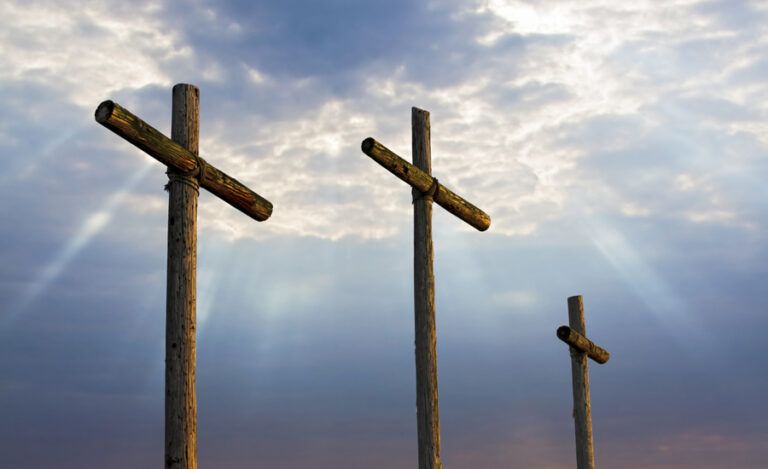This Thursday is National Day of Prayer, and prodded by Ross Douthat’s new book Bad Religion, I figured I’d look up John Winthrop’s famous sermon “City Upon a Hill,” so often mentioned in politicians’ visions of America.
Winthrop was one of the leading Puritans who established the Massachusetts Bay Colony in 1630, and on his trip over from England he wrote a template of his hopes for the settlement. It’s short, succinct, steeped in Scripture and has inspired many claimants to say that America has been that spiritual exemplar, that shining city on the hill, ever since.
But this is what Douthat reminded me, and what colors any of my own prayers for America: that when Winthrop used his now famous phrase, it was as a warning. “For we must consider that we shall be as a city upon a hill,” he wrote, “the eyes of all people are upon us, so that if we shall deal falsely with our God in this work we have undertaken and so cause him to withdraw his present help from us, we shall be made a story and a byword through the world …”
We’re not that city upon a hill by claim or proxy but by our dealings with God, and if we botch those up we’re not much; in fact, we could become a laughingstock. He might have said, don’t just assume God is on your side unless you’re working hard to make sure you’re on God’s side.
Winthrop prospered in America and served as the struggling colony’s governor 12 times. In one poignant glimpse of his private life, his biographers explain how his wife (his third of four) waited a year before she followed him because she was pregnant. For the period of separation they agreed, in that pre-cell-phone pre-email era, to dedicate the hour between five and six in the evening on Monday and Friday to think of each other. I like to think they thought of each other at other times too.
A part of Winthrop’s sermon that doesn’t often get quoted is the opening, written as though in mid-thought: “Now the only way to avoid this shipwreck and to provide for our posterity is to follow the counsel of Micah: to do justly, to love mercy, walk humbly with our God.”
That I’m writing this today, almost 400 years later, must mean that those Puritans and all us who have followed got something right. The counsel of Micah is pretty good … and so was Winthrop’s.





